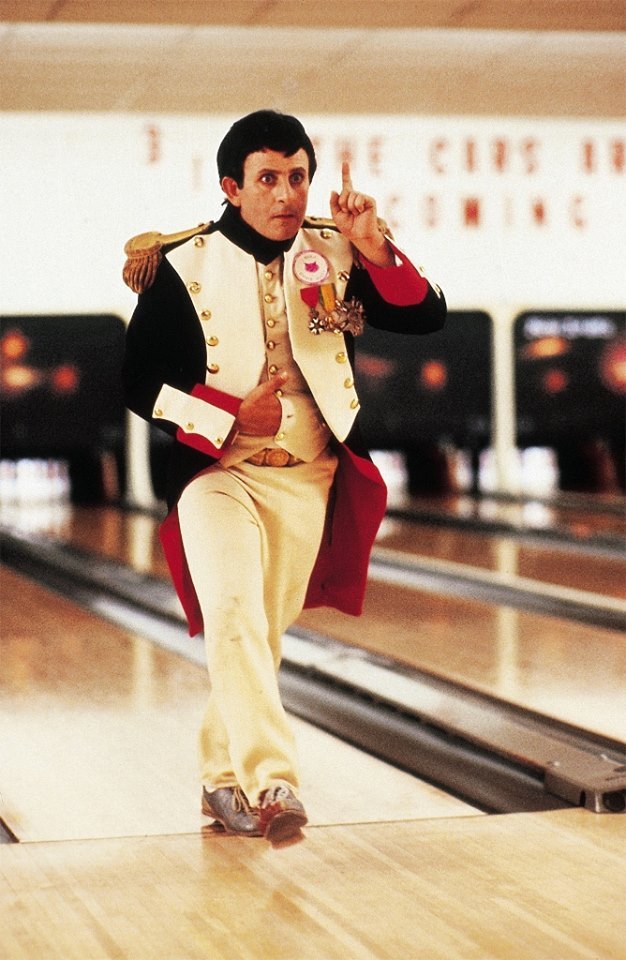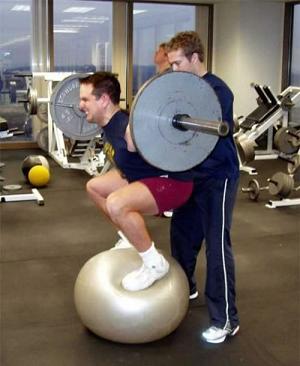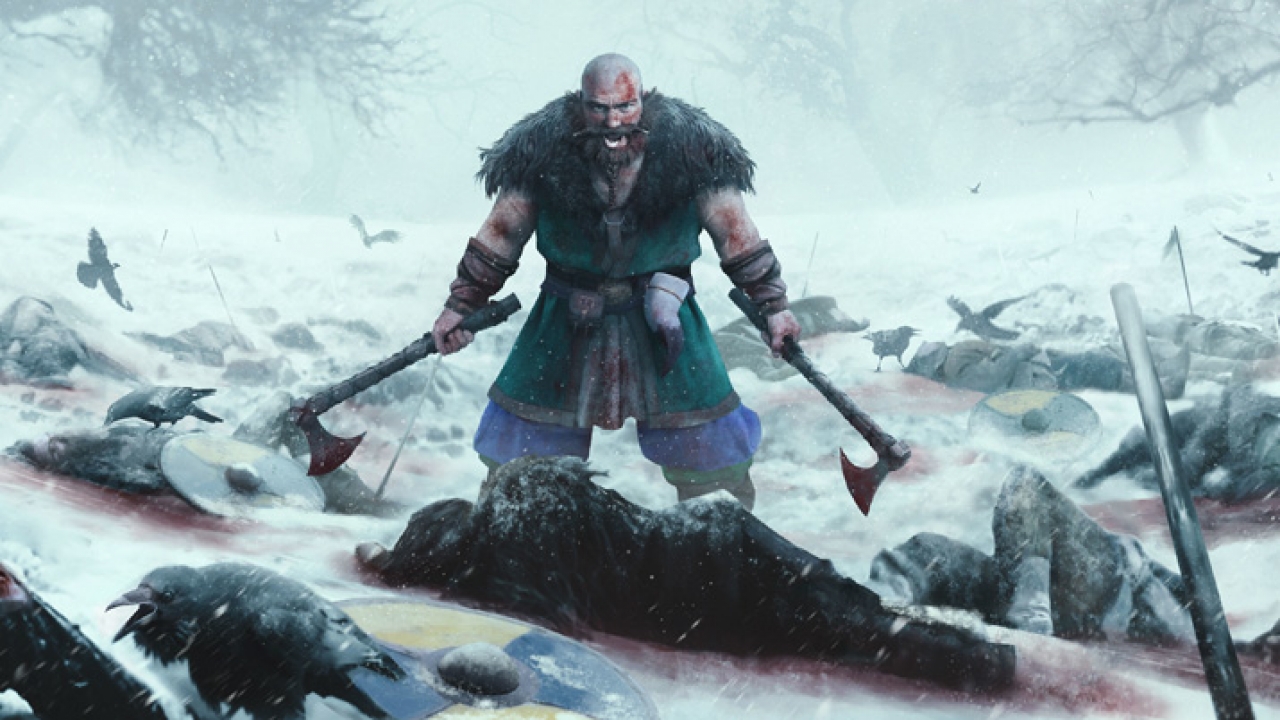A few years
ago I was at a Bill Kazmaier seminar, which, if you’ve not attended one, you
owe it to yourself to do so. Bill has an
incredibly rich history in powerlifting and was one of the founding fathers of
strongman, and he’ll even discuss his time in pro-wrestling if you prod him to
do so. He also is completely unafraid to
share his opinion on anything and anyone, and much like many of the other
greatest of all times, he shares a general frustration with people who just can’t
try as hard as he did. One of the best
quotes from his seminar was a bit of wisdom he shared (paraphrased) “if you’re
having a rough time with this lifting weight stuff, what you should consider
doing is just take 2 weeks off, think about what you’re doing…and then just
quit”. This soon became one of my
favorite parts of the seminar, because it’s something I’ve employed to a
variety of questions and comments I encounter in lifting. For a lot of folks, quitting may in fact be
their best option.

This dude definitely shoulda known when to fold 'em
Worried
about genetics? Yeah: maybe you should
just quit. I’m so sick of people crying
about genetics when they’ve only trained for a few months. “But my friend has trained just as long as me
and he’s in MUCH better shape than me”, yeah, cool, and some folks were born
without legs. If you have all your limbs
and the normal number of fingers and toes correctly distributed, you are
incredibly genetically blessed: so go do something with it. Go train skull splittingly hard for a decade
and THEN find out where your genetics leave you. Because there’s something funny about that:
once you do that, THEN other people will start telling you you’re genetically
blessed. I come from a total stock of
non-athletes, my dad is 5’8, my mom is 5’, they’re both tiny framed people, yet
I constantly have people tell me that I must have “good genetics”. They’re just those special kind of good
genetics that only turn on after 20 years of training. And I’m talking a decade of uninterrupted training,
not the “off and on” training that is FAR more “off” than on. If you’re willing to quit before you ever
start, maybe you should just quit.
Worried
about injuries? Yeah: maybe you should
just quit. Everything has risk and there
is no guarantee of safety in any activity, and your constant hand-wringing and pacing
is, quite frankly, getting on my nerves.
How about some goddamn power of positive thinking for a change? And you safety-minded people already confuse the
f**k out of me by the choices you make.
Ok, cool, you’re not going to bench with a thumbless grip because it’s “too
dangerous”, but you’re going to speed on the highway while texting and driving,
not come to full stops at stop signs, not use your turn signal, etc etc? You’re going to drink alcohol (a literal
poison), eat known carcinogens, shower without an anti-slip mat, not get a flu
shot, not chew your food properly but bench pressing is where you think the
REAL danger is? And folks, I’m guilty of
a lot of the above, because I understand life has risks and we take risks in
the pursuit of the things we want. If
you’re too crippled by fear of injuries to ever actually push yourself to the
point of achieving something, maybe you should just quit. I hear kazoo is a lovely hobby.

Or you could take a more crossfit style approach to music
Worried
about getting fat? Yeah: maybe you
should just quit. Ever notice how much
we mock the folks that are afraid of getting “too muscular”, as though it
happens overnight, yet whenever someone worries about getting too fat this
mockery doesn’t occur? It’s the same
goddamn process folks: eating more food and the accumulation of mass. The sole difference is WHAT kind of mass is
accumulated. You’re not going to accidentally
become fat: there will be signs and indications along the way. In turn, it’s not going to happen
overnight. I’ve seen so many idiots
critique 5/3/1 Building the Monolith saying that the eating plan will make you
fat, and my response is always the same: if you get fat in only 6 weeks, you
were already fat to start. No one goes
from ripped to fat in the span of 6 weeks while following a program like
that. In addition, if you’re absolutely,
totally and completely unwilling to put on even the slightest bit of fat in the
pursuit of physical greatness, if you’re unwilling to let your 6 pack go to a 4
pack, if you’re unwilling to suffer just the smallest inconvenience in order to
actually achieve something, maybe you should just quit.
And I feel
the slightest bit of guilt over the fact that I didn’t really address the whys
and hows on the topics I discussed in the above, but the truth is that I’ve
done that before elsewhere, as have many other authors, which, in turn, is part
of the reason behind my advocacy of quitting.
This information is already all out there, and we all know it. If, at this point, you just don’t want to
accept it, quitting is your best choice.
And there’s nothing wrong with quitting: not every activity is suited
for every person. I have an electric
guitar and amp in my basement right now that I have moved between 3 different houses
and haven’t played at any of those locations.
It just gets moved, and serves as a reminder of something I took up and
subsequently quit because I was unwilling to do what it took to get good at
it. Rather than bang my head against the
wall or complain to anonymous strangers online about how unfair it was that
guitar wasn’t easy for me, I accepted my losses and moved on. I’ve quit quite a few things in my time. Knowing when it’s time to quit is
valuable. Recognize these signs in
yourself, and when it comes down to it, ask yourself if quitting is the best
move.
This dude definitely should have asked the question earlier
And if you
refuse to quit, then just shut the hell up, put your head down, settle in, and
go do some damage.




